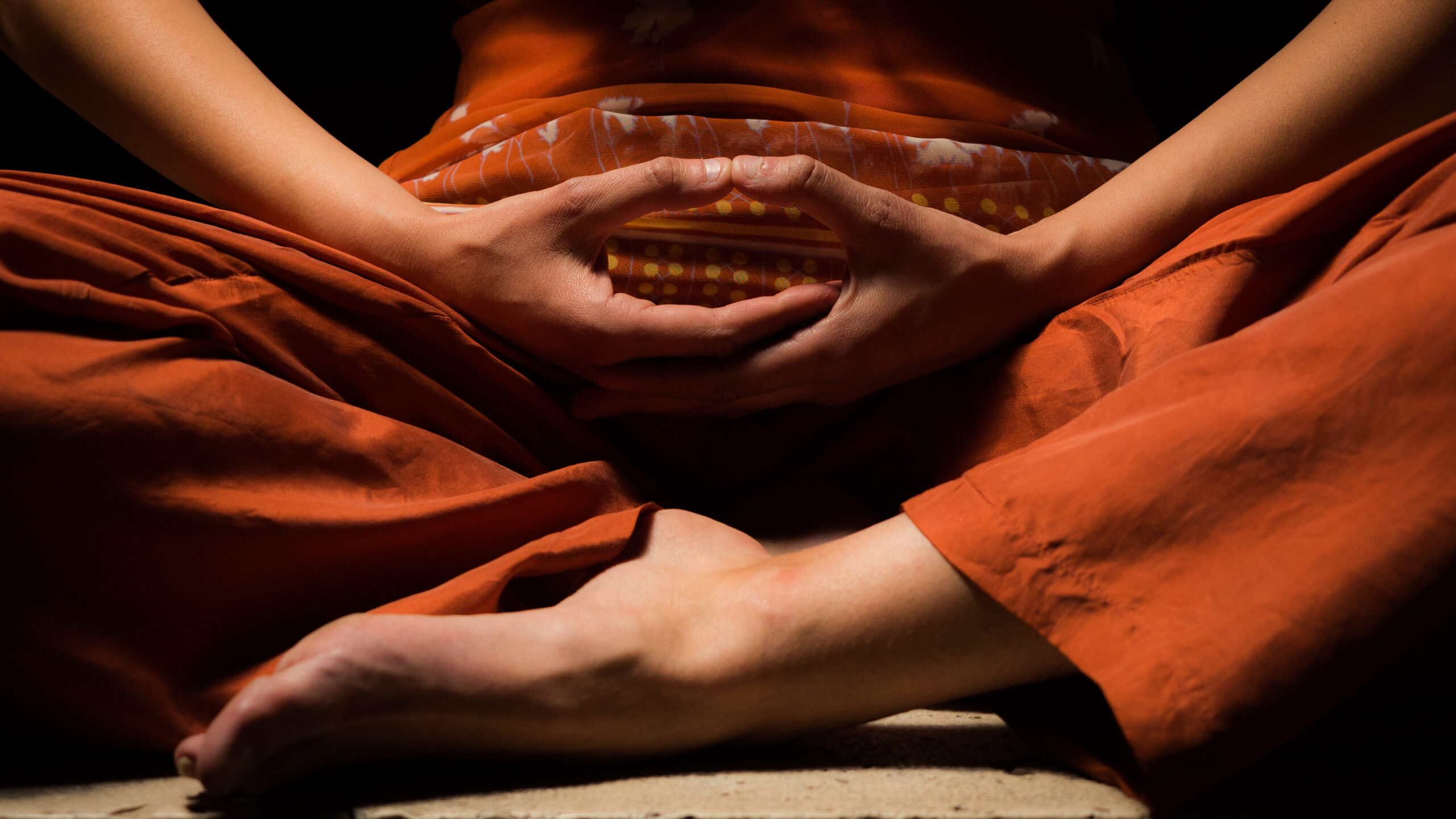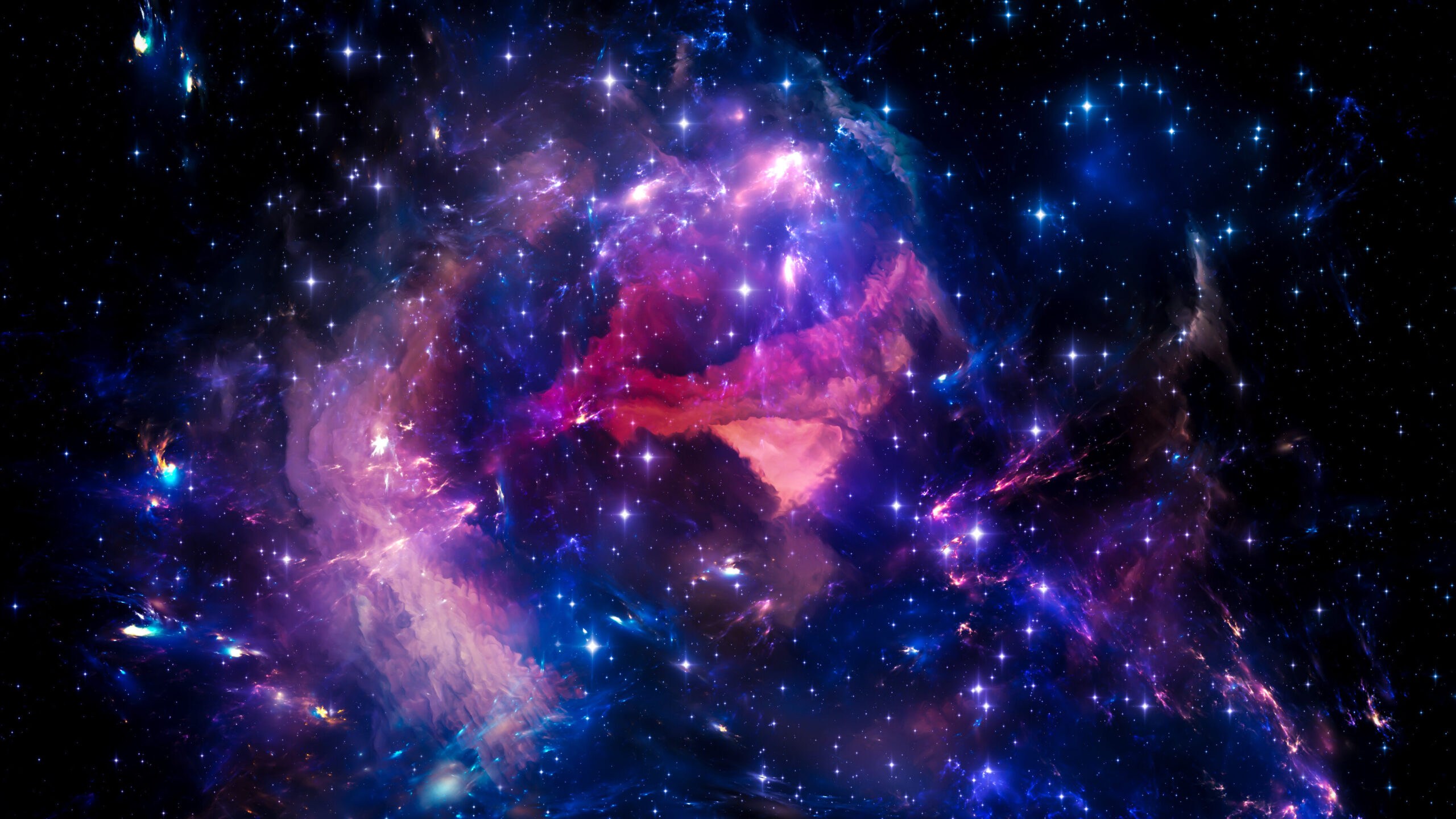
Eternity—knowledge—bliss: these are the qualities of the divine in both God and in every realised soul. How do we advance toward this realisation?
Spiritual practice begins with observation, as both idea and as exercise. It starts with the idea that the foundation of life is spiritual, and that realising this foundation requires observation, self-observation, attention to our interior life, to the life of the mind and the of the soul. This means nurturing techniques and habits for recognising our interior life as it unfolds, then increasing awareness of it.
By asking the simple question ‘who am I? we stand already before the extraordinary realisation that someone is directing a question to someone else.
The very idea of our self, and even the most simple questions we might want to ask about it, produces the strange realisation that we are two. There is one who asks, and there is another who answers. There is a mind-ego and there is a soul.
Continue reading





